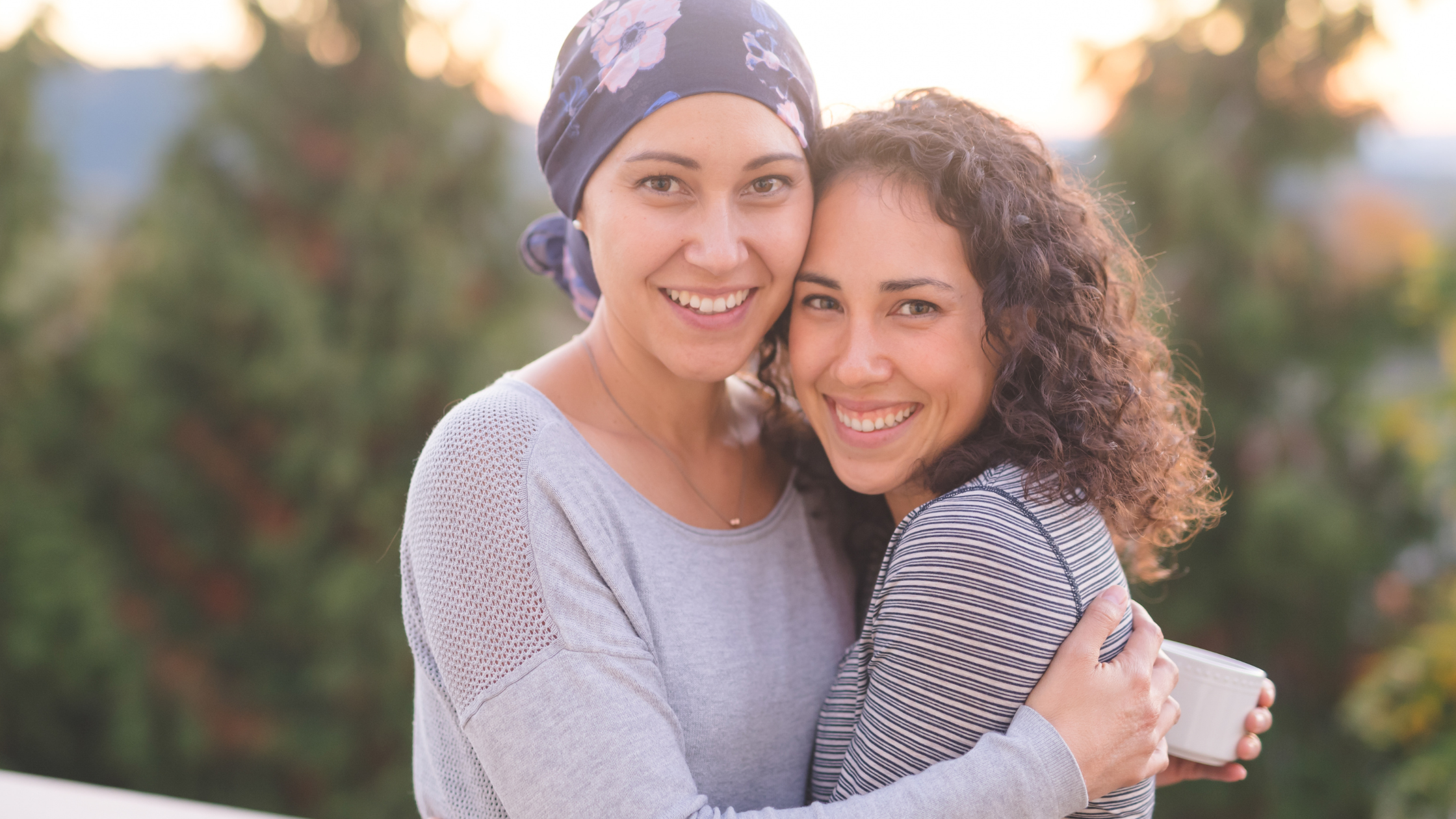
How to Support a Loved One with Cancer
Supporting someone battling cancer can be overwhelming and challenging. You want to help, but you don’t know where to start. It is important to remember that there is no one-size-fits-all answer, as each person’s needs are different. Here are some tips for how to support someone who has been diagnosed with cancer and help them through their journey.
Be Respectful of Their Choices
When it comes to cancer treatment, everyone will have their own preferences based on what they feel comfortable with and the advice of their healthcare team. It is important to respect the decisions they make while also offering your opinion if they ask for it. Everyone’s journey will look different, so try not to compare or judge their choices.
Be Present Through All Stages of Treatment
Cancer treatments can be physically, emotionally, and mentally exhausting. Showing up for your loved one during all stages of treatment—even when things get tough—shows that you care about them and are willing to stand by them through anything. This could mean going with them to appointments, providing transportation when needed, or bringing food over after a long day at the hospital. Make sure to check in with your loved one consistently as to what they need from you can change as they continue to go through their treatment.
Provide Practical Support
In addition to emotional support, providing practical support can make life a little easier for those dealing with cancer. Offer assistance with household chores like grocery shopping or cleaning in order to give them more time and energy for self-care activities such as rest or exercise that might be recommended by their healthcare team. Helping out in any way possible can give them peace of mind knowing they don’t have other tasks weighing on them while they focus on getting better.
Supporting someone through a cancer diagnosis doesn’t have to be complicated; it just requires compassion and understanding. Keeping in mind that everyone’s experience is unique and respecting their choices should always come first when offering your support. Being present during every stage of treatment and providing practical assistance whenever possible can go a long way in helping those dealing with cancer fight this battle alongside people who care about them most.







